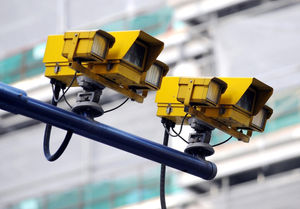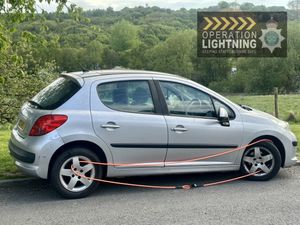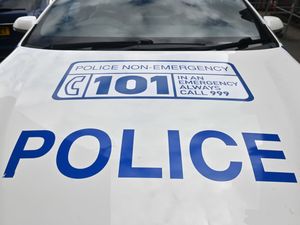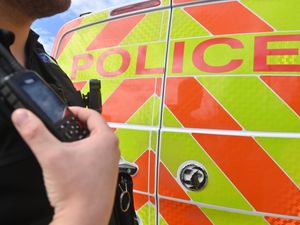West Midlands speeders among least likely in UK to be caught
Drivers in the West Midlands are among the least likely to be caught speeding in across the UK – but the number being caught in Staffordshire is on the rise.

Latest figures show the West Midlands only recorded six speeding offences per 1,000 drivers, compared to 40 per 1,000 nationally.
Across the border in Staffordshire, the county force captured 41,392 speeders between April 2017 and March last year, a 41 per cent increase on the previous year. Staffordshire had a rate of 37 offences per 1,000 people.
The RAC Foundation, which complied the data, has warned the differing priorities among police forces is leading to "huge" regional disparities in catching speeders.
West Midlands Police caught 34,966 speeding drivers between April 2017 and March 2018, the majority of which – 95 per cent – were snared by speed cameras.
Of those offenders caught by the force, 41 per cent were offered the chance to take speed awareness courses, 24 per cent were given a fine and 21 per cent resulted in court action. 14 per cent of the offences were cancelled.
The number of drivers caught was a 34 per cent decrease on the previous year.
In Staffordshire, nearly all of the 41,392 speeders caught were done so by speed cameras. Of these, 49 per cent were offered a speed awareness course, 32 per cent were given a fine, 11 per cent resulted in court action and seven per cent were cancelled.
Across England and Wales, police caught 2.3 million drivers speeding over the year. The most prolific force was Avon and Somerset, which boasted 120 speeding offences per 1,000 people.
Gwent in Wales had the lowest ratio, with one offence per 1,000 residents.
Priorities
Chief Constable Anthony Bangham, the National Police Chiefs’ Council lead for roads policing, said priorities are decided by individual forces.
He said: "We are concerned over the consistency of speed enforcement across different police forces and we continue to review how we could bring greater clarity to the public.
"However, it’s important to emphasise that each force area has a varied road infrastructure which makes direct comparisons difficult.
“Whilst forces are issued with general guidance in relation to speed enforcement, our model of local accountability within policing means each chief constable has ultimate discretion over operational priorities".
Steve Gooding, the director of the RAC Foundation, warned that any targeted crackdown on speeding could be repeated if reckless attitudes re-emerge.
He said: "There will be varied reasons to explain some of the differences between areas, such as geographical area, road type and traffic volume. But a lot of it will come down to local policing priorities.
"It is the job of Police and Crime Commissioners and chief constables to target resources appropriately, recognising the issues of greatest local concern.
"Changes and variations in the numbers of offences detected will reflect not just driver behaviour, but also the extent of enforcement activity in any one year."
Provisional plans agreed by the EU mean that new cars sold in the UK from 2022 will have default devices which stop them breaking the speed limit.
The Department for Transport has confirmed the new rules would apply to the UK despite Brexit.





